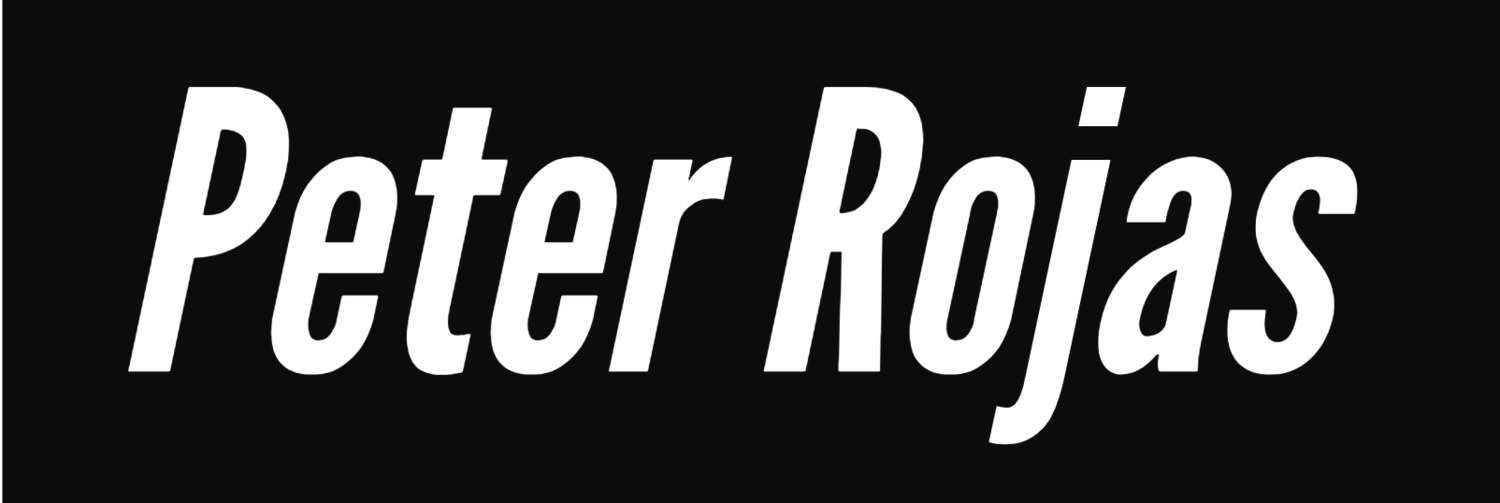Have we been thinking about what makes for great VR in the wrong way? There's a lot of anxiety in the industry lately about sluggish consumer adoption rates, which have been slower than hoped after last year's launch of the Oculus Rift, HTC Vive, and Sony's Playstation VR. This anxiety is only compounded when comparing time spent using VR headsets against that of smartphones (which all of us use off and on all day now), television (which still consumes 5 hours of the average American's day), and console gaming.
It's still early, so it's understandable that adoption is happening slowly, but what if total time spent is the wrong benchmark for determining whether VR is valuable to us? This question had been gnawing away at me for the past year or so since I picked up HTC's Vive headset, but it was only after playing the new co-operative quest games that were recently added to popular social VR game Rec Room, that I was finally able to put my finger on it. [I should disclose that betaworks ventures is an investor in Against Gravity, the company behind Rec Room, but to be clear the reason we invested in Rec Room is because it's awesome; hopefully I still have some cred in these matters.] Rec Room currently has two quests: The Quest for the Golden Trophy, which is a dungeon crawler where you use virtual swords, bows, and crossbows to battle a variety of enemies through a number of different levels; and The Rise of Jumbotron, an Eighties-themed laser tag-style campaign that involves defeating hordes of robots.
Neither quest breaks new ground thematically, but that's not the point. Playing in room-scale VR, where you're physically moving around, brings an entirely new level of immersiveness to the experience and Against Gravity got a bunch of little details right about the collaborative game play. Both quests are challenging -- you almost certainly need three other players along for the ride to finish it -- but it's not so hard that you can't get through it with some persistence, and the first time I played The Quest for the Golden Trophy it took me and the crew of three other players I'd never met before about 45 minutes to get through it.
Forty-five minutes of gameplay would be short for a AAA title like GTA V or Skyrim (I'm about 55 hours into Skyrim), but what struck me was was how satisfying it felt after I was done. For those forty-five minutes I was entirely immersed in the experience, working hard not to let down the three strangers I'd been randomly paired up with, and absolutely ecstatic when after several tries we were able to complete it. But what I hadn't expected was that at the end I was perfectly content to take my headset off and go back to the real world. I didn't want to keep playing or to spend a couple more hours inside of my headset. Playing The Quest was like eating a satisfying meal, one where I didn't leave feeling either hungry or overstuffed.
It was one of the best experiences I've had to date in VR and one that's stuck with me, and it has me wondering if a lot of us have been focusing on the wrong things when it comes to creating great VR experiences. It's natural to want to contextualize VR by comparing it to smartphones, television, and game consoles, the other tech platforms it most closely resembles, but that would be a mistake. Mobile is something which we thread throughout every waking moment of our day, but in sort of a light way. We check our phones a hundred or more times a day, but usually for no more than a few minutes at a time. It's not hard to watch TV or play console (and PC) games for hours and hours upon end.
VR is different. The best VR experiences are heavily concentrated--they draw you completely in and demand more of you sensorially, emotionally, and (if you have a room-scale headset like the Rift or Vive) physically. Judging VR on the same terms as either mobile (as something that we use throughout the day or even every day) or console and PC gaming (as something we can do for hours at a time) doesn't make sense. Maybe we'll only spend forty-five minutes a week using VR, but what we'll get during that time is something so immersive and engrossing that it might be the most engaging, fun, or productive forty-five minutes of your week.
I don't quite know what this means in terms of where VR goes. In some sense spending time in VR starts to look more like a luxury good than anything else, something that you don't consume constantly, but when you do you savor it and come away immensely satisfied. If that's the case, the benchmark for a good VR experience should be something so good that you'll be happy to take off your headset when you're done. This has all kinds of implications for what kinds of VR products should be created and which businesses should be built -- I won't pretend to know the answers here -- but I'm convinced that VR startups which obsess over offering people the best forty-five minutes of their week will have the best chance of figuring it out.
